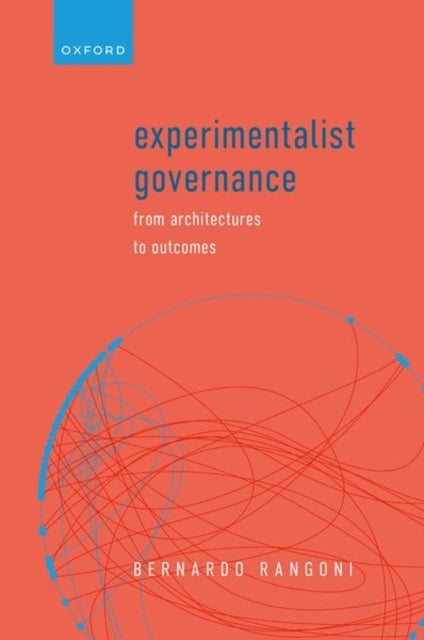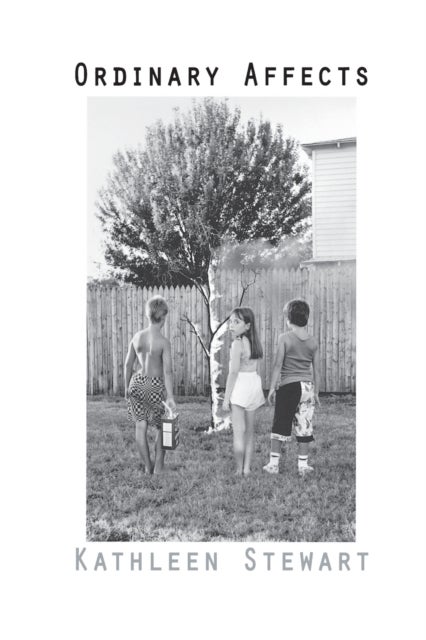
Experimentalist Governance av Dr Bernardo (Lecturer (Assistant Professor) Department of Politics University of York Rangoni, Department of Political S
929,-
What does non-hierarchical governance mean? Under what conditions are actors more likely to engage in non-hierarchical processes? Which trajectories best capture their long-term evolution? Through which mechanisms do they overcome gridlock? To respond to these questions at the heart of regulatory governance, the book develops an analytical framework that draws on contemporary debates but seeks to overcome their limitations. Notably, it offers a definition of non-hierarchical (experimentalist) governance that goes beyond institutional structures, giving due attention to actors'' choices and strategies. It shows that contrary to expectations, functional and political pressures were more influential than distributions of legal power,and bolstered one another. Strong functional demands and political opposition affect actors'' de facto capacity of using powers that, de jure, might be in their own hands. Indeed, actors can use non-hierarchical governance to aid learning as well as the creati








